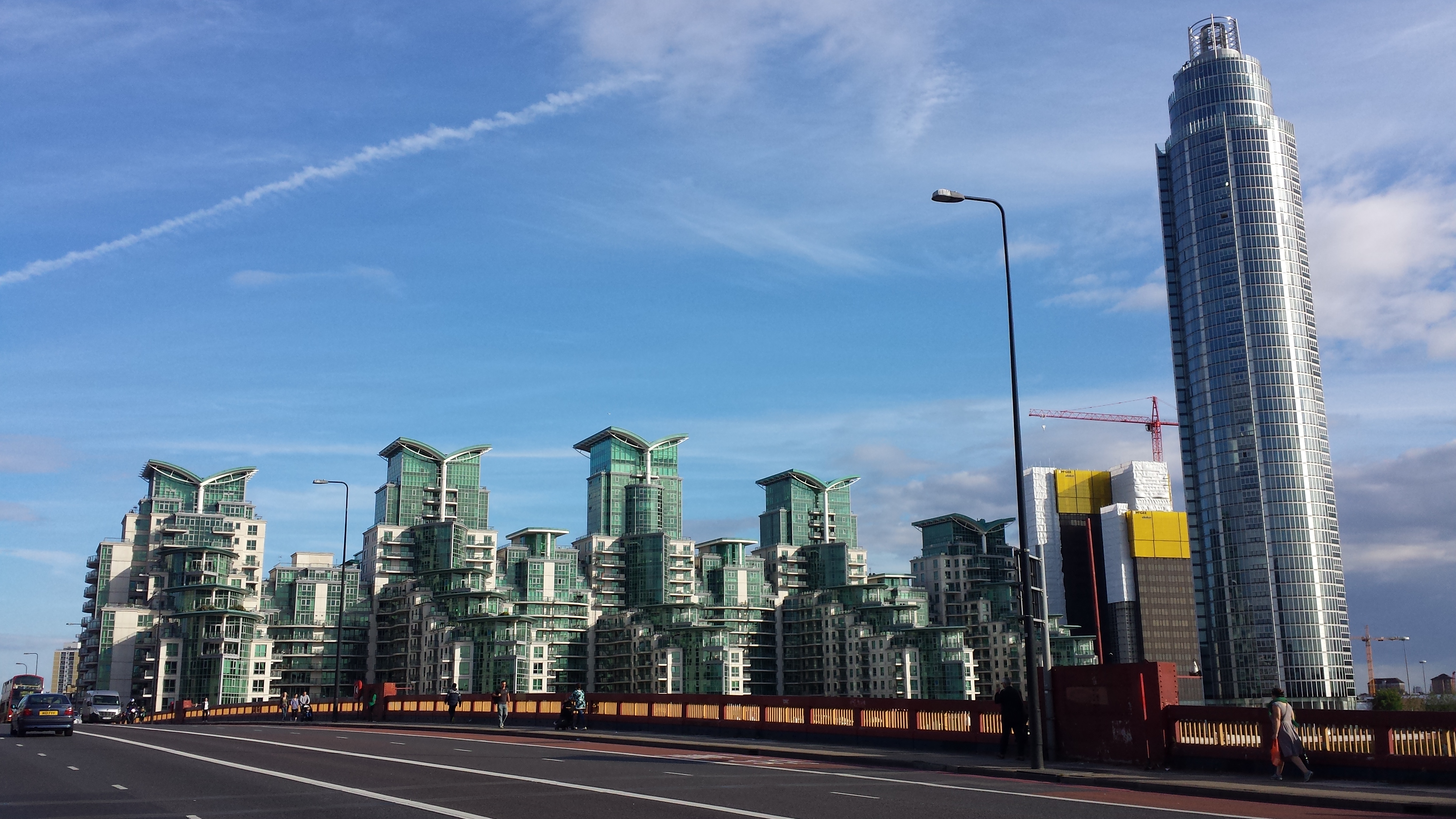In a speech in 2002 Bishop Laurie Green said this:
“I am arrested by the words of Jürgen Moltmann: He writes,
“We are not theologians because we are religious; we are theologians because in the face of this world we miss God. We are crying out for his righteousness and justice and are not prepared to come to terms with mass death on earth.”
In the face of this world we miss God. But he then goes on to say this:
“But for me theology also springs from God’s love for life – the love for life that we experience in the presence of the life-giving Spirit and that enables us to move beyond our resignation and begin to love life here and now. These are also Christ’s two experiences of God: the kingdom of God and the cross, and because of that they are the foundations of Christian theology as well: God’s delight and God’s pain. It is out of the tension between these two that hope is born for the kingdom in which God is wholly in the world and the world is wholly in God.”
[From ‘Theology in the Project of the Modern World’, in A Passion for God’s Reign, ed Miroslav Volf. Eerdmans 1998]

